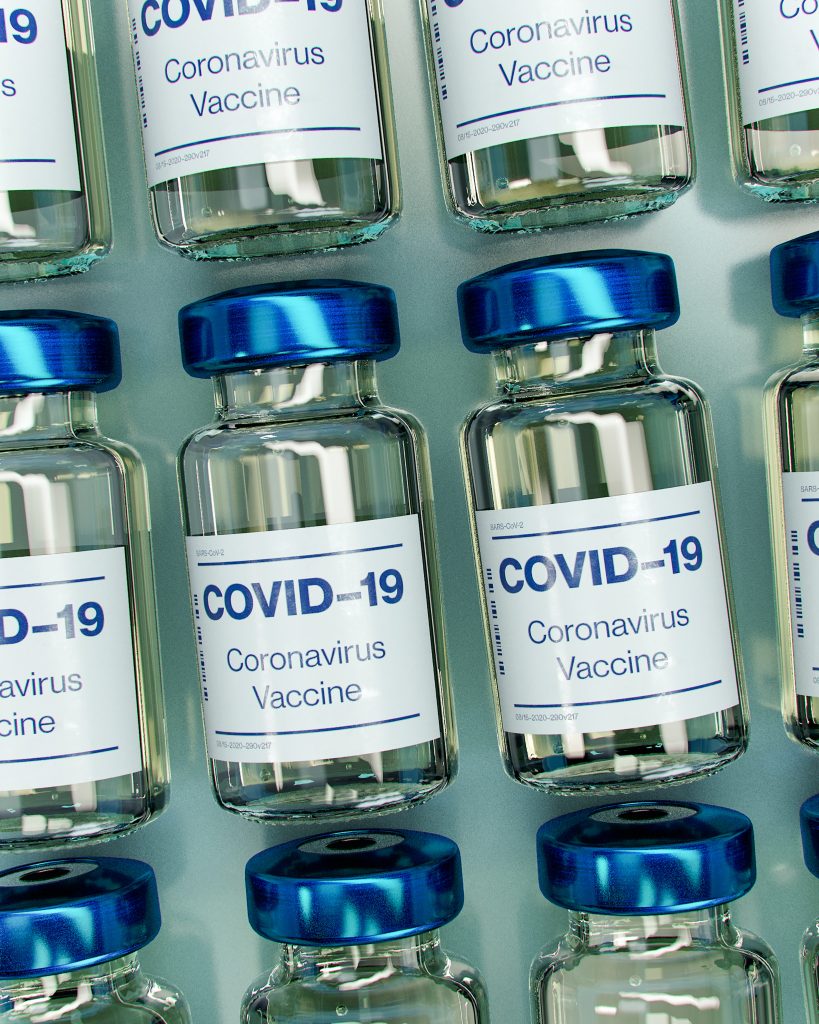COVID-19 pandemic has led to the worst economic downturn of the last decades mainly due to measures to stop the spread of the virus. This has led to reduction in demand and production capacity. Governments worldwide adopt packages as a response to the COVID-19 crisis, with $3.5 trillion dedicated to climate protections in the agriculture, industry, energy, and transport sectors. By adapting packages that are green, boosts economic growth worldwide triggered by increased low-carbon investment.
Energy saving, energy efficiency and behavioural change
Key in the process for low-carbon transition is a transformation in all sectors and regions and the incorporation of new technologies and practices. Research and Innovation (R&I) is key in the development and successful uptake of clean technologies and focuses on three key non-mature technologies, CCS, advanced biofuels, and batteries for electric vehicles, as well as on energy efficiency measures explained in the report.
The transition to low carbon practices requires incorporating new technologies and practices, with Research and Innovation (R&I) being key in developing. Optimal R&I strategies increase the feasibility of ambitious climate stabilization targets by lowering carbon prices and mitigating costs.
EU- funded DEEDS project gives recommendations on Research and Innovation (R&I) aimed at decarbonisation of the EU economy and society and are relevant to the EU Green Deal.
Economic growth has been a priority for the European Union (EU) since its creation. The Paris Agreement targets will not be reached by technological and policy measures alone, businesses need to contribute and commit to the decarbonisation journey. The Business Guide calls to policymakers and businesses to move decarbonisation strategies from words to reality.
DEEDS’ knowledge base constitutes of two components: the scenario explorer and the technology database and intends to reach out to a broader audience and academia who could deliver deep and rapid reductions in emissions. This may help stakeholders to access detailed information about expected European emission limits, technology markets and energy prices, to develop strategies and understand the market potential for technologies consistent with decarbonisation pathways.
The largest short-term reduction in energy use and largest short-term reduction in energy use and carbon emissions in a lifetime is a result from the Covid-19 pandemic and are still in the process of being assessed. This had led to significant changes in people’s day to days lives that are unparalleled in the last few decades.
Individual behaviour could also play a crucial role in reducing greenhouse gas emissions. This research explored the impact a range of behaviour changes across mobility, food, heating, leisure, and waste would have on Greenhouse Gas emissions. The results show that individuals’ moderate to rigorous behaviour change in the EU could reduce per capita carbon footprint by 6-16%. Three behavioural profiles were used to estimate emission impact from changes in behaviour: Enthusiast, Conscious and Convenient profiles. The benefits from behaviour change would be significant emission reductions and a variety of co-benefits for public health, land use, and regional ecology.
Researchers take a critical look at the use of energy efficiency indicators in energy policy and state the strategy of energy efficiency to save energy is very simple. However, efficiency is problematic to implement. Oversimplification of efficiency measurements can have a detrimental effect on the choice of energy policies. Proposed method unpacks and structures energy input and output information in a meaningful and transparent way by generating a rich multi-level and multi-dimensional information space.
The Paris Agreement requires a global decrease in Green House Gas emissions by 2050 which requires input from cities. Research and Innovation (R&I) in European cities is described in this paper and explains the critical R&I actions in cities based on three pillars.










